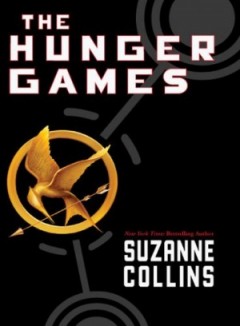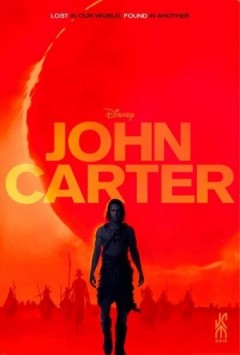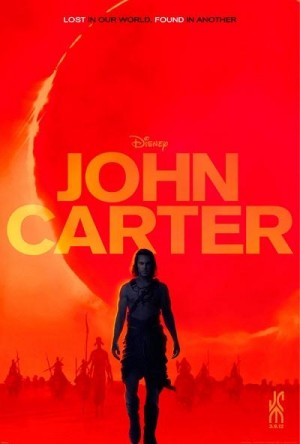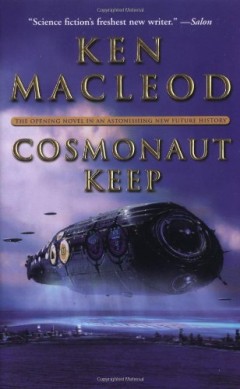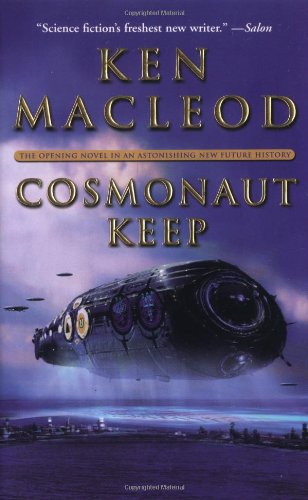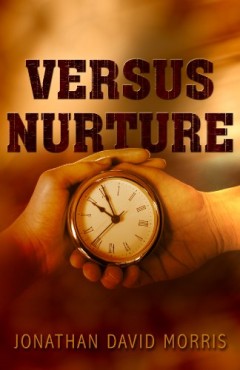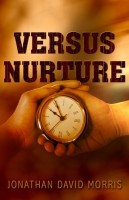
Jeffrey Tucker is the publisher and executive editor of . He is the author, most recently, of Bourbon for Breakfast: Living Outside the Statist Quo (2010) and It’s a Jetsons World: Private Miracles and Public Crimes (2011). The former editorial vice president of the Ludwig Von Mises Institute, he is an adjunct scholar with the Mackinac Center for Public Policy, a research fellow with the Acton Institute, and a faculty member of Acton University.
Allen Mendenhall: Jeff, this interview is exciting for me. It’s something of a reversal of the interview that we did together in January 2011. This time, I’m interviewing you. I’d like to start off by asking about your two recent books, Bourbon for Breakfast and It’s a Jetsons World. Tell the readers of this site a little about both books.
Jeffrey Tucker: Both books cover the unconventional side of private life as governed by the market and human volition. I guess you could say that this is my beat. I’m interested in the myriad ways in which the government’s central plan — and there is such a thing — has distorted and changed our lives, and also interested in the ways we can get around this plan and still live fulfilling lives. I take it as a given that everything that government does is either useless or destructive or both. The government does a tremendous number of things, so this is a huge area. Bourbon is more focused on the rottenness of the state and its harm, while Jetsons is more the marvelous things that markets do for us. Neither subject gets the attention they deserve.
AM: These books are available for free online in PDF and EPUB formats. Explain why you’ve chosen to make your work freely and widely available.
JT: Every writer wants to be read, so it only makes sense for all writers to post their material. Of course publishers tend to intervene here with promises of royalties in exchange for which you become their slave for the rest of your life plus 70 years (that’s when they dance on your grave). This is the essence of copyright. It is a bad deal for writers. Those who go along with it these days nearly always regret it later. If they actually earn royalties — and very few actually do — it is likely they would have earned more had the material not been withheld pending payment. The bestselling books of 2012 — the Hunger Games series — are posted by pirates everywhere, even against publisher wishes. But, you know, this is starting to change. Publishers are gradually seeing the point to posting material online. Sadly, they aren’t budging on the copyright issue, which is really pathetic. No libertarian should ever publish anything with any institution that is not willing to embrace a very liberal policy on reprints, and one that is likely enforceable such as Creative Commons — Attribution. Meanwhile, the government is using copyright, a phony form of property rights, to step up its despotic control over the digital age. The situation is extremely dangerous. One hundred years from now, they will be laughing at our times and poking fun at how the anachronistic state tried its best to thwart progress.
AM: You strike me as an optimist. Is that true?


